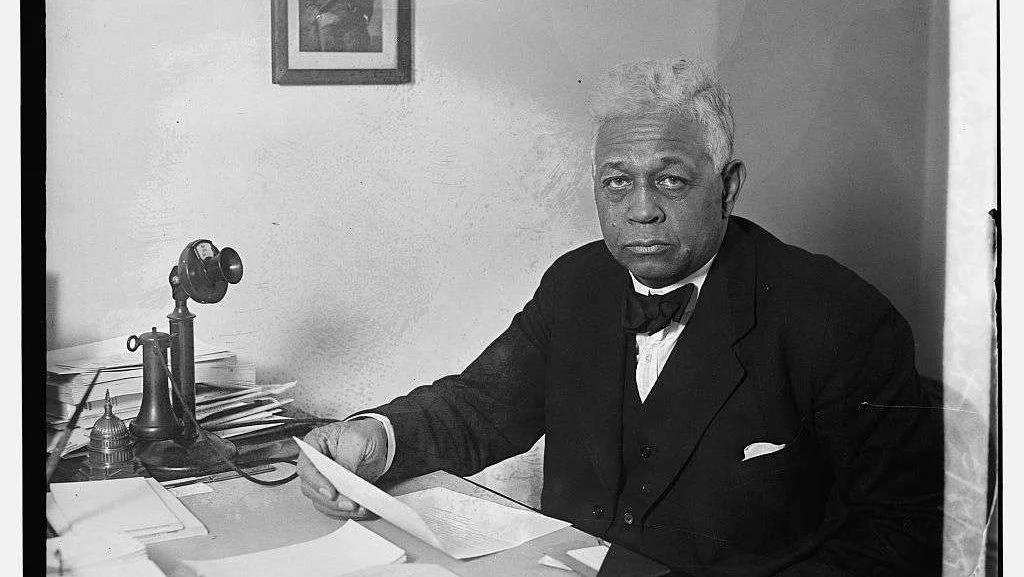Commentary
On June 12, 1929, First Lady Lou Hoover hosted one of several social gatherings at the White House for the spouses of newly elected members of the House. The tea party for congressional spouses was a polite and quiet tradition, a courtesy that presidents’ wives hoped would encourage goodwill between the legislative and executive branches of government. But this one produced an uproar.





